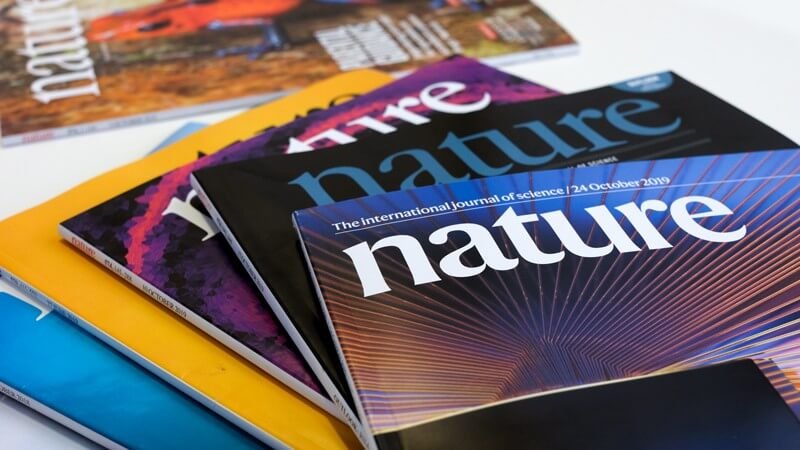This new article in Nature Human Behavior Is well-intentioned, aiming to purge bigotry from science, but goes way over the top in three ways. First, it claims that science is complicit in structural racism at present. That’s not true, though in the past some scientists and institutions were guilty of this. Second, it assumes that papers submitted to the journal are going to be rife with racism, bigotry, misogyny, and anti-LGBTQ+ bias that will cause “harm”, and therefore authors must be warned in a long document about their biases and how to avoid expressing them. The piece thus gives a long set of rules that actually conform to woke practice. Third, it explicitly states that even papers with publishable scientific results can be rejected if the facts presented are deemed liable to cause harm. And “harm” is often in the gut of the beholder.
This is the problem: who gets to decide what is “stigmatizing” or “harmful”? Clearly such statements can be inadvertent or unconscious. Presumably the editors could decide, but they of course will be very responsive to objections from other scientists, from the public—indeed, from anybody. But it’s already too late to ask for rational consideration.































